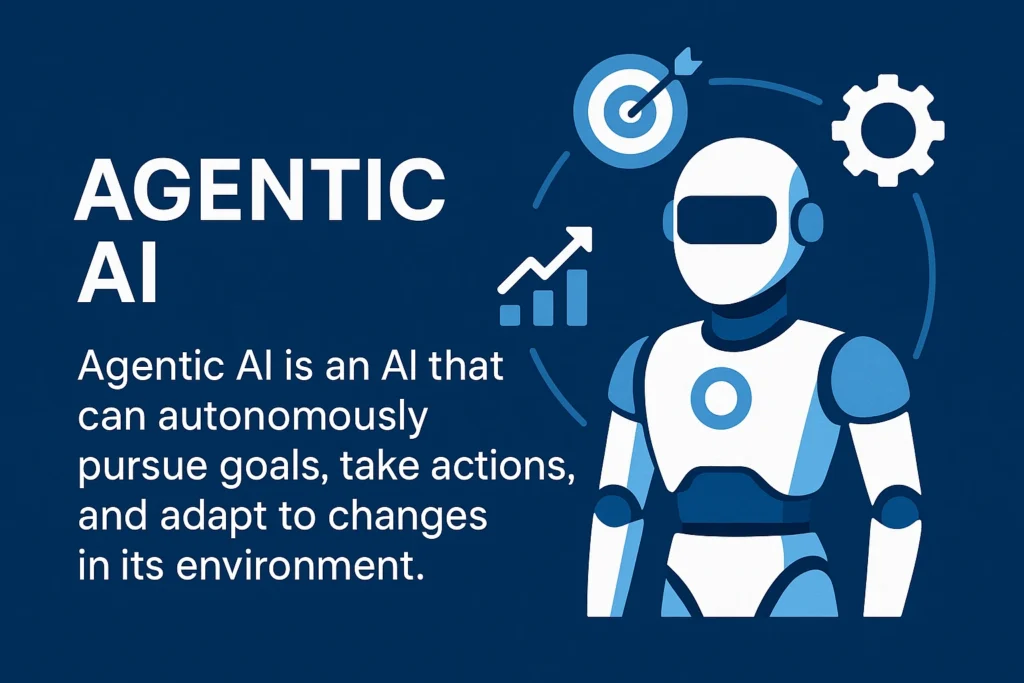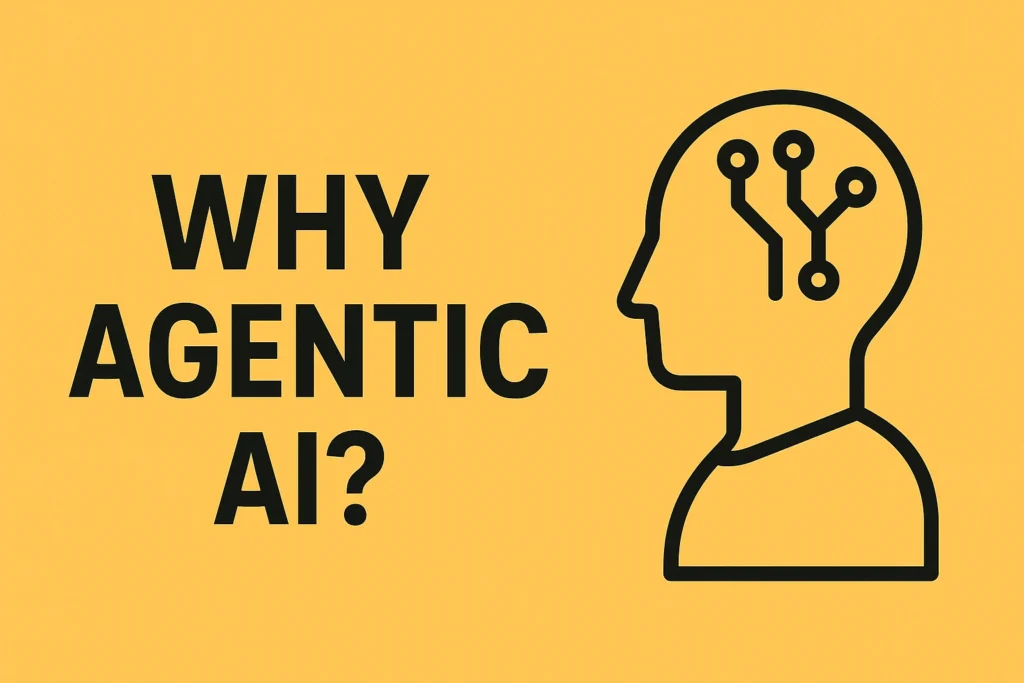Table of Contents
ToggleAI in Finance: Agents, Applications, and Future Outlook

AI in Finance:
The financial sector is rapidly embracing Artificial Intelligence (AI), recognizing its immense potential for cost savings, value creation, and operational efficiency.
Summary
The financial sector is rapidly embracing Artificial Intelligence (AI), particularly Machine Learning (ML) and Generative AI (GenAI), recognizing its immense potential for cost savings, value creation, and operational efficiency. While AI adoption is widespread across IT, banking, and automotive industries, banking's enthusiastic embrace has been a notable surprise. Banks are leveraging AI to automate complex tasks, enhance decision-making, improve customer interactions, and bolster risk management and fraud detection. However, the unique demands of the financial industry, including strict regulatory compliance, high accuracy requirements, and data sensitivity, necessitate a cautious and meticulously tested approach to AI deployment. The development of specialized "AI agents" is a key trend, allowing for autonomous yet supervised execution of complex financial workflows.
Key Areas and Applications
1. AI Adoption & Impact
The financial industry is at the forefront of AI adoption, with significant financial implications and high recognition of its potential.
- High Potential: ~80% of banks recognize ML advantages.
- Cost Savings: Banks saved $447B with AI.
- Value Creation: GenAI expected to deliver $340B new value.
- Integration: 72% of UK banks/insurers integrated ML.
2.1. Fraud Detection & AML
AI significantly enhances fraud detection and anti-money laundering efforts.
- JP Morgan Chase: 15-20% reduction in payment validation rejection rates using LLMs.
- HSBC & Google Cloud: Over 60% decrease in AML alert volumes, improving risk detection.
2.2. Customer Service & Personalization
AI improves customer interactions and offers personalized financial advice.
- Barclays Assistant: AI chatbot provides 24/7 assistance, improving customer loyalty and cost efficiency.
- Personalized Advice: AI synthesizes data for adaptive "Robo advisor" agents.
2.3. Operational Efficiency
AI agents streamline operations, automating routine and complex tasks.
- Automated Reporting: GenAI quickly structures financial data and creates presentable reports.
- Data Collection: RPA automates data collection for financial reports.
- Compliance Monitoring: Efficiently identifies sources and proposes solutions.
- Software Development: GenAI acts as a "co-pilot for coders," generating boilerplate code.
2.4. Financial Planning & Analysis
FP&A is set to see the biggest impact from AI, enhancing decision-making.
- Enhanced Decisions: GenAI provides cost-cutting recommendations, detects anomalies, and creates dynamic scenarios.
- Scenario Generation: Explores simulated outcomes without business impact.
2.5. Investment & Portfolio Mgt.
AI agents analyze markets, manage portfolios, and generate reports.
- Market Analysis: Provides sector performance analysis and recommendations with supporting data.
- Real-time Data: Connects to sources like Yahoo Finance for current stock prices.
- Report Generation: Extracts data from 10K/10Q filings, saving hours of manual work.
- Due Diligence: Aggregates info from multiple financial documents for comprehensive reports.
3.1. Defining AI Agents
AI agents are LLM-powered software that autonomously plan and execute tasks.
- Autonomous: Receive a task, generate a plan, execute steps autonomously using data and tools.
- More than Interns: Described as a "colleague who has 200 undergraduate degrees" and is infinitely patient.
3.2. Key Components of Agents
Agents comprise several core elements for intelligent operation.
- Planning: Breaks down complex instructions into steps.
- Memory/Knowledge Base: Stores context from internal/external sources.
- Tools: Accesses external functions (web search, APIs, databases).
- Reasoning: LLMs pick up nuanced problem-solving during planning.
- Human Oversight: Crucial at every layer for evaluation and intervention.
3.3. Building Agents: Tools
Various frameworks facilitate the development of AI agents.
- PhiData (Agna): Open-source platform to build, ship, and monitor agentic systems.
- LangChain: Popular Python library for connecting LLMs to various tools.
- Stack AI: Platform for enterprise AI agents with workflow builders and templates.
- Open-Source LLMs: Models like Llama 3 are emphasized for accessibility.
3.4. Multi-Agent Systems
Complex tasks can be tackled by collaborative multi-agent systems.
- Team-Based: Different agents (e.g., web search, finance) collaborate with specialized tools.
- Consolidating Outputs: Results from multiple agents are synthesized by a final LLM.
4.1. Challenges: Accuracy & Hallucination
Finance demands 100% accuracy, making hallucination a critical concern.
- High Accuracy: Banks require 100% accuracy in customer interactions.
- Grounding: Domain-specific models perform better in "grounding" context.
- Mitigation: Agents should include sources; users must verify data.
4.2. Challenges: Regulation & Security
The financial sector is subject to strict regulation and data sensitivity.
- Strict Regulation: Always under scrutiny for accuracy, security, and privacy.
- Sensitive Info: Dealing with highly sensitive personal finance data.
- Guardrails: Robust evaluation frameworks, guardrails, and human intervention are crucial.
4.3. Challenges: Evaluation & Robustness
Ensuring model reliability requires rigorous evaluation in real-world scenarios.
- Domain-Specific: Continued need for domain-specific models over general models.
- Real-World Scenarios: Evaluation must include query and context failures.
- LLM as Judge: A separate LLM can score agent answers for faithfulness and relevance.
4.4. Challenges: Workforce Impact
AI will transform roles, optimizing workflows rather than replacing humans.
- Role Transformation: AI helps humans do jobs more effectively, focusing on higher-value tasks.
- Productivity Boost: New hires can produce incredible analysis with AI assistance.
- Training Investment: Organizations must invest in training finance teams on ML and data science.
- CFO Skepticism: Concerns about data security, bias, and shareholder value require robust protocols.
5. Future Outlook
AI's role in finance is set to deepen and expand, with a convergence of numerical and textual analysis and the emergence of more autonomous agents. AI agents can uniquely bridge the gap between "quants and analysts" by dealing with "both numbers and text," revolutionizing traditional financial workflows. The next phase will involve "autonomous agents which... have triggers that are automatically being used based on emails or like documents or new users being added they're just kind of running in the background." The development of AI agents and financial applications is an "iterative" process, constantly improving based on identified gaps and refined orchestrations.
AI Agents in Finance: Frequently Asked Questions
What are AI agents and how do they differ from traditional AI or LLMs?
AI agents are LLM-powered software programs that autonomously plan and execute multi-step tasks by accessing data and tools. Unlike traditional AI (deterministic tasks) or raw LLMs (language generation), agents exhibit "thinking" and "reasoning," interacting with environments and performing structured tasks. They are more task-oriented with limited autonomy compared to "agentic AI" (goal-oriented, self-optimizing).
Why is AI adoption becoming so prevalent in finance?
AI adoption is prevalent due to significant cost savings (e.g., $447B in 2023) and new value creation (up to $340B from GenAI). AI agents revolutionize operations by preventing fraud, reducing risks, improving efficiency, and personalizing customer interactions. The sector's need for accuracy, security, and privacy, combined with vast data, makes it ideal for AI agents that synthesize information and automate workflows.
What are some real-world examples of AI agent applications in finance?
Examples include J.P. Morgan Chase's payment validation (15-20% rejection reduction), HSBC's AML solution (60% alert decrease), and Barclays Assistant (24/7 customer service chatbot). Other applications involve financial report analysis, summarizing 10K/10Q filings, market research, investment memo generation, and personalized financial advice via "Robo-advisors."
What are the core components required to build a financial AI agent?
Key components include a Large Language Model (LLM) for core reasoning, Tools/Connectors (web search, financial APIs, document parsers, database connectors, internal system integrations) for data access and actions, a Knowledge Base/Memory for domain-specific info, Planning/Orchestration Frameworks (e.g., Phidata/Agnas, LangChain) for workflow definition, carefully crafted Prompts and Instructions, and secure Environment Variables/API Keys.
What are the challenges and considerations when deploying AI agents in finance?
Challenges include the need for 100% Accuracy and mitigating Hallucination, strict Data Security and Privacy requirements (GDPR, HIPAA), robust Risk and Governance frameworks, comprehensive Evaluation Frameworks (e.g., "LLM as a judge"), avoiding Over-Engineering, ensuring Human Oversight, and addressing Technical Implementation complexities.
How do AI agents impact human roles in the financial sector?
AI agents augment human capabilities, automating routine tasks to free professionals for higher-value, strategic work. Financial advisors can focus on client relationships, analysts on deeper insights, and programmers on creative coding. New hires become productive faster. This shift necessitates investment in training for finance teams on machine learning, data science, and agile techniques to foster human-AI collaboration.
What are some specific AI tools and frameworks used for building financial AI agents?
Tools include LLMs (GPT, Llama, Groq), Agent Orchestration Frameworks (Phidata/Agnas, LangChain, Stack AI), Vector Databases (PG Vector, Chroma DB, Pinecone) for RAG, and Embedding Models (Sentence Transformers). Specialized financial AI tools like Zebra AI (reporting), Bigdata.com (analysis), Mouse (expense management), and Forecast (finance close) are also utilized.
What does the future hold for AI agents in finance?
The future entails deeper integration and expanded capabilities. LLMs will evolve for more complex tasks, with a focus on "full-stack" solutions (RAG, grounding, guardrails). Domain-specific LLMs for finance will persist. Autonomous agents triggered by real-time events will automate background processes further. The development is iterative, constantly improving efficiency, personalization, and insightful decision-making across the enterprise.
Conclusion
AI is fundamentally reshaping the financial sector, promising a future where operations are more efficient, insights are deeper, and customer interactions are more personalized. From automating complex tasks and bolstering fraud detection to enhancing decision-making and streamlining compliance, AI agents are becoming indispensable. The industry is navigating unique challenges related to accuracy, regulatory compliance, data security, and workforce integration, but the overarching vision is to leverage AI to drive innovation, reduce costs, and create new value, ultimately leading to a more robust, agile, and intelligent financial ecosystem.


